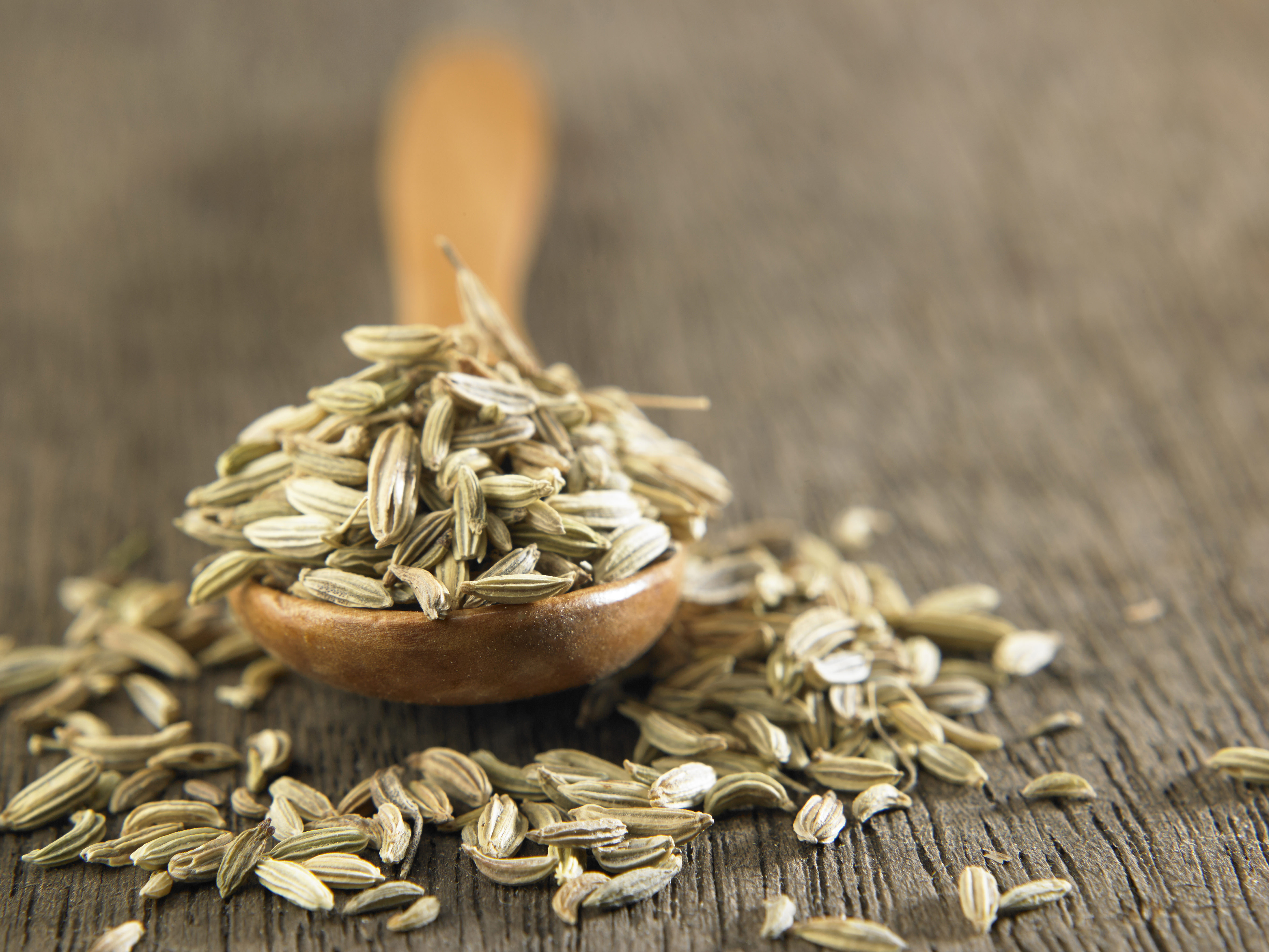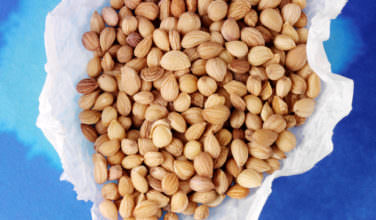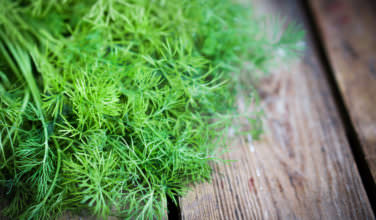Greek Cumin: Cooking and Medicinal Info
Comments Off on Greek Cumin: Cooking and Medicinal Info
 Cumin, referred to as kymino or κύμινο in Greek, seems to have been used more often in Greek medicine and cuisine more often during ancient times. Today, depending on the region of Greece, the since is still used in various dishes. For example, on the island of Crete, there is a version of hortopita that flavors the greens with cumin. The ground spice is also used as a flavoring for meat and soups, depending on the region of Greece. Cumin pairs especially well with lamb, especially if it is grilled or baked.
Cumin, referred to as kymino or κύμινο in Greek, seems to have been used more often in Greek medicine and cuisine more often during ancient times. Today, depending on the region of Greece, the since is still used in various dishes. For example, on the island of Crete, there is a version of hortopita that flavors the greens with cumin. The ground spice is also used as a flavoring for meat and soups, depending on the region of Greece. Cumin pairs especially well with lamb, especially if it is grilled or baked.
Where is Cumin from in Greece?
Cumin comes from the Cuminum cyminum plant and is a member of the parsley family. It was originally cultivated in the Mediterranean and grows throughout Greece. Cumin spice comes from the seeds of the plant, and it is sold in Greece in markets either ground or unground. Some prefer to grind their own spice as needed to preserve the flavors.
How Does Cumin Taste?
Cumin has a warm, earthy flavor that is used to flavor meat and vegetable dishes. It is also slightly pungent and is best used in small amounts, otherwise it can taste a little bitter.
What Greek Recipes Use Cumin?
In addition to the recipe listed below, cumin can be used as as a spice to grilled and baked meats, such as lamb, beef, and even chicken.
What are the Herbal Remedies for Cumin?
Cumin has a long history of use when it comes to using it for herbal remedies. It is mostly used for various intestinal complaints, such as diarrhea, colic, and flatulence. It has also been used as a diuretic to relieve bloating and also as an aphrodisiac.
Interesting Facts About Cumin
Cumin is sometimes used as substitute for black pepper, especially since cumin is more widely available, depending on the region of Greece. Note that cumin is often confused with caraway seeds because they look similar. However, it isn’t the same plant. It also shouldn’t be confused with the the spice known as “black cumin” that comes from other parts of the world.
Sources:
Many Greek recipes are different based on the region of Greece and family traditions, so uses of the herbs and spices contained on this page may vary. Also, GreekBoston.com does not provide medical advice and the information provided here is for informational purposes only. This isn’t a medical site, please consult with your physician. The medicinal health information is based on anecdotal evidence and Greek history.
Categorized in: About Greek Spices and Herbs
This post was written by Greek Boston





